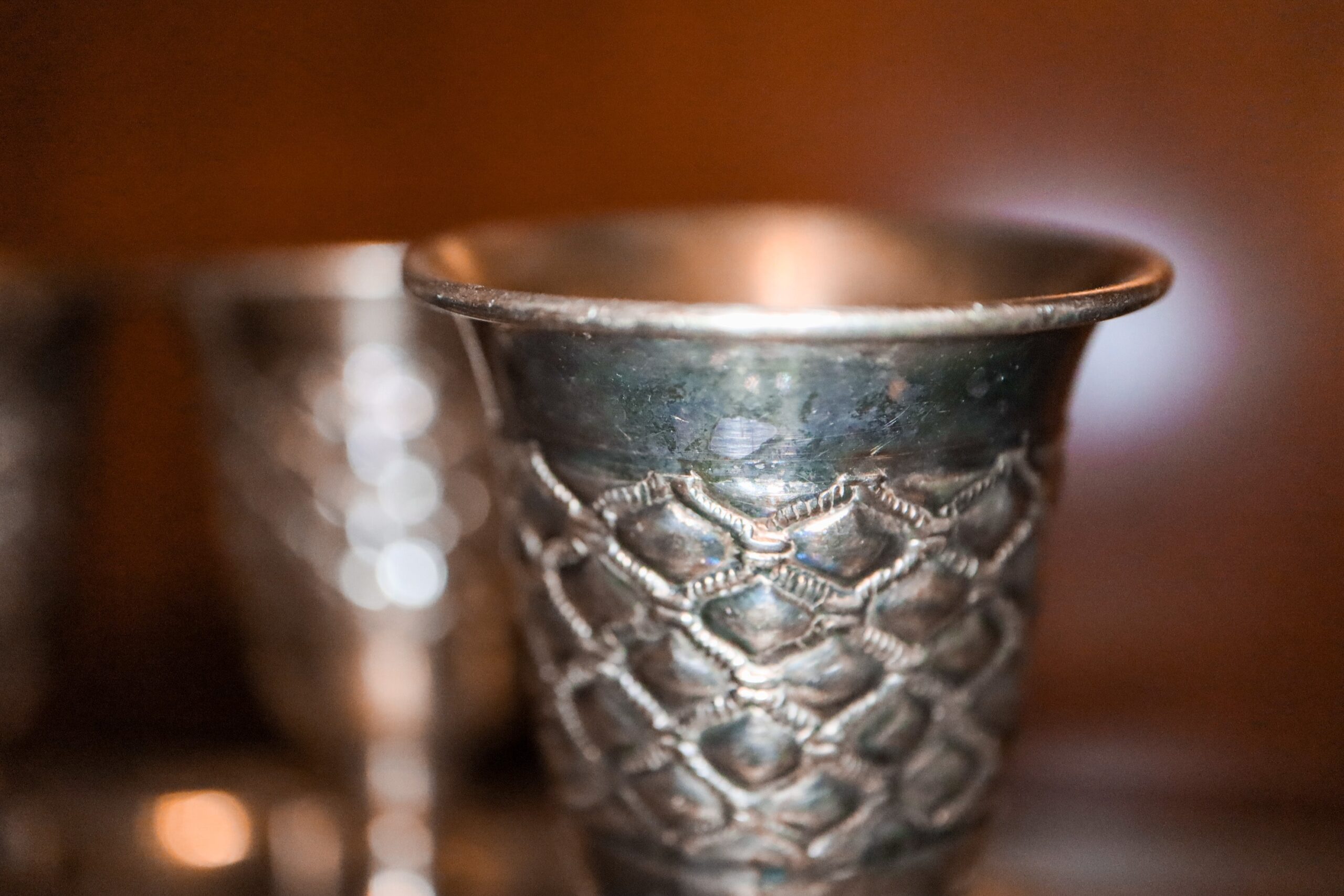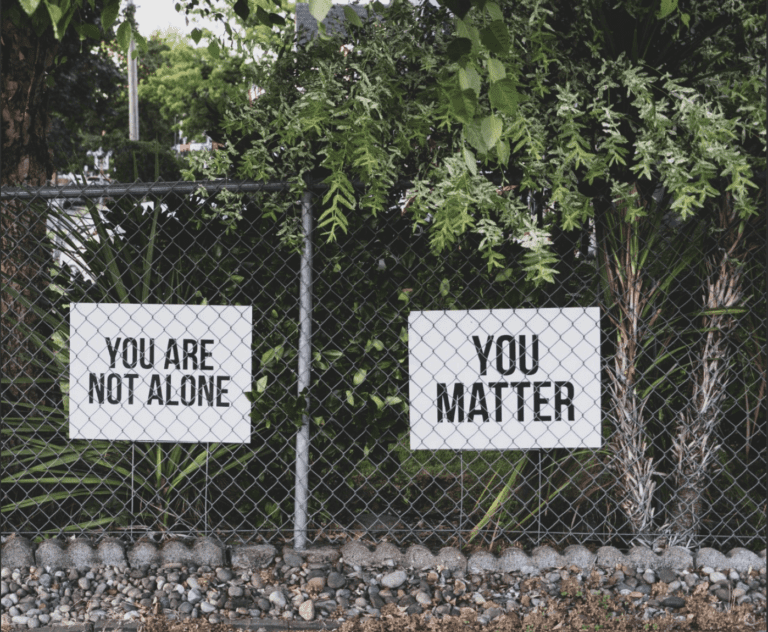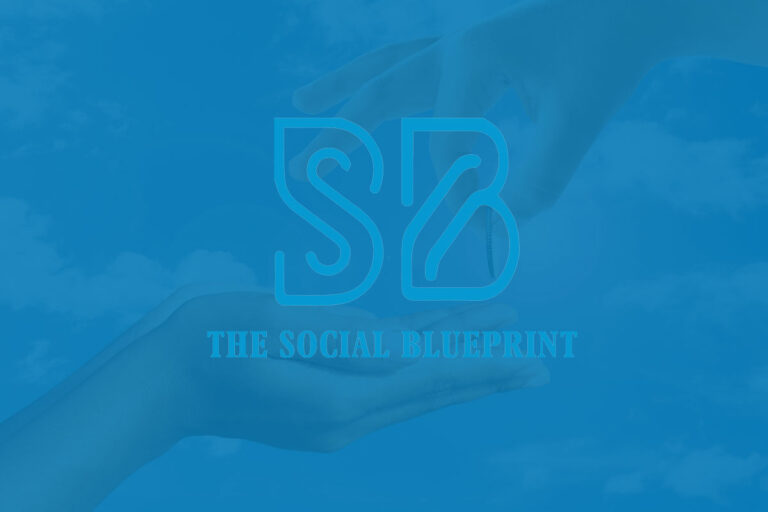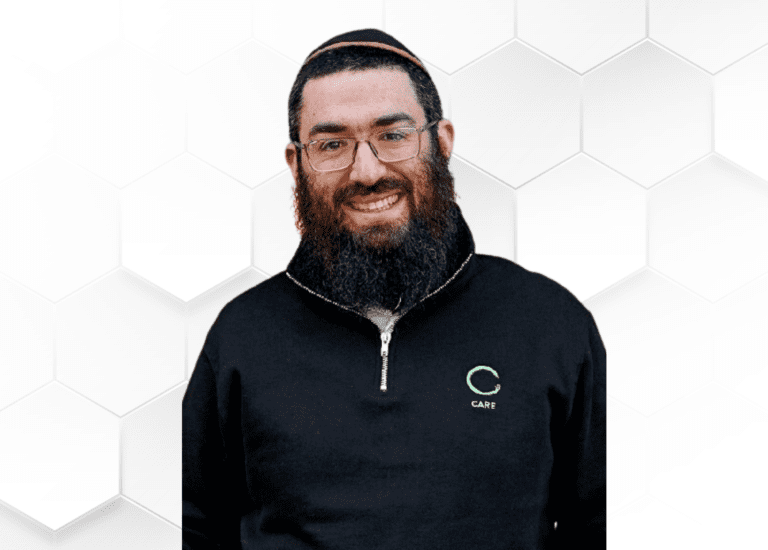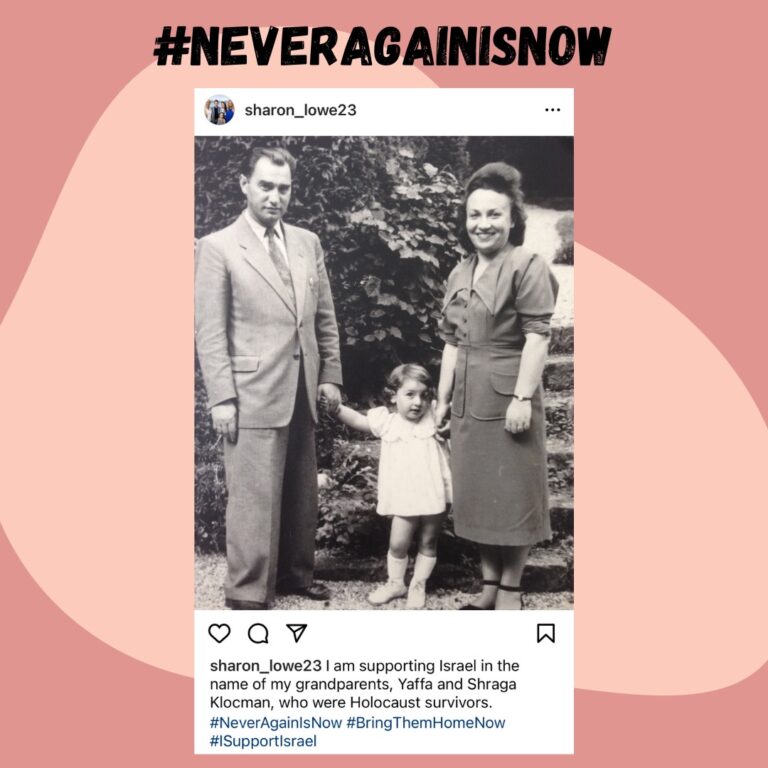Question
Dear Velly,
I had 9 months, 1 week and 2 days of strong recovery under my belt. I relapsed at my Pesach Seder and it almost cost me my life! This is how cunning my disease of addiction is. I am not a religious Jew in any way. I didn’t keep any of the Mitzvot or customs of Pesach. Yet when it came to the 4 cups of wine at the Seder, I went all out “Chareidi” and convinced myself that I was obligated to drink wine and only wine, and that drinking anything else would not be considered a proper Seder.
After a year of difficult work, I am back in recovery and with Pesach quickly approaching, what advice do you have for me on how I should go about my Seders this year?
Response
Dear friend,
The rabbinic instruction to drink four cups of wine correspond to the four expression of freedom which G-d used when promising the Jews that they would be rescued from Egypt: “I will remove you” “I will rescue you,” I will redeem you,” and “I will take you as a nation.”
I know our sages would never encourage life threatening activity. Therefore this instruction can and must be fulfilled with grape juice for those who must avoid alcohol.
In Chassidic teachings the four cups during the Seder actually serve as a framework for achieving personal freedom as well.
Here is my interpretation of the four expressions, and how they can inform and inspire your recovery journey. So this year – as you soberly partake in the Seder – with each cup meditate on the expression it corresponds to and its unique guidance for sobriety. In this way not only are the four cups not the cause of your relapse, but in fact are motivation to strengthen and deepen your recovery.
 1. “I will remove you”
1. “I will remove you”
A Changed Perspective
In terms of recovery, being “taken out” does not only mean being physically removed, but it refers to letting go and removing oneself from a previous perspective. Before any action, sobriety demands one to let go of old ideas and see things differently. This is accomplished when the addict admits their personal powerlessness over their addiction, and their inability to manage life on their own in the face of addiction. In doing so, the addict ceases serving the idol of illusory self-will and self-reliance. Nobody wants to admit defeat. But it’s only through this admission that the addict can change their perception, allowing them to take the first steps towards liberation.
With Cup #1
I reflect on my ability to shift from perceiving myself, people, places and things through the egotistical prism of self, by relinquishing denial and humbly admitting that my life became unmanageable and that I personally lack the control to repair it.
By surrendering my self-oriented impulse to control life to a power greater than myself, I encounter the source of my greatest strength and am able to build a firm bedrock upon which a happy and purposeful life may be built.
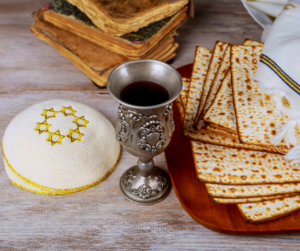 2. “I will rescue you”
2. “I will rescue you”
A New Rescuer
To everybody else, the addict’s alcohol consumption or drug use is seen as inexplicably destructive and deadly behaviour. But an addict sincerely feels it is their only source of reprieve from the discomfort they are suffering. In their thinking, alcohol or drugs are a rescuer in shining armor. The only reliable thing they can find to mask their pain.
Recovery therefore demands a new liberator. In recovery, when we replace self-reliance with reliance on G-d and entrust out lives in His care, we allow for a new liberator.
This new way of life is not about exerting reason or attempting to make sense of their situation. It’s about surrendering self-reliance and the obsession to control, and putting one’s trust in a power greater than themselves.
For the addict this is a complete about-face, from irrational substance dependence to dependence on G-d that transcends rational altogether.
With Cup #2
I reflect that it may be confronting that I don’t know or understand how this faith thing works. But still I need to invite Him in, hand my will over, and trust. Because I would rather live with transcendental faith that leads to sobriety, and not with an illusion of self-reliance that enables active addiction. I’d rather a spiritual awakening over spiritual numbness. I’d rather live within reality and not escape it. And right now that’s all I need to know and understand.
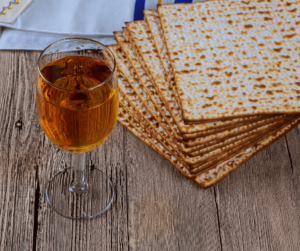 3. “I will redeem you”
3. “I will redeem you”
Recovery is Redemption
The nature of recovery requires not simply fleeing from the addiction, but rather penetrating the addiction experience and finding within it a tool to heal the addiction itself. The pain of addiction forces one into the deepest recesses of self, into the darkest pockets that abide within. And like a springboard, that pain and darkness create an impetus towards real connection, allowing an opportunity to relate deeply to faith, G-d and other people. In this case – miraculously – the cure comes from within the disease.
When working towards recovery, the addict must positively redirect their intense and urgent feelings that lead to substance-dependency. In place of reaching for something that will temporarily numb their pain and cloud their experience of existence, the recovering addict focuses on a clear awareness of life’s reality, and allows themselves to genuinely experience what it is to be human.
With Cup #3
I reflect on how I must treat my recovery almost like I treated my addiction. It’s imperative that I refocus the energy that powered my addiction towards inspiring and empowering my path to sobriety. With that energy I am motivated to do the steps, live according to spiritual principles, go to meetings, be of service, take time for mindful meditation, see my therapist etc.
This way I experience ultimate redemption, by transforming the energy of my addiction and using it as a catalyst, not only to recover from addiction and brokenness, but paradoxically, to spiritually elevate myself to a place that I would never have reached without the addiction in the first place.
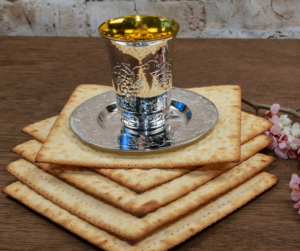 4. “I will take you as a nation.”
4. “I will take you as a nation.”
Service
A recovery medicine doctor, who was in recovery himself and had helped hundreds of addicts, once remarked “There is no one thing that can guarantee recovery, but if there was, it would be service.”
An integral part of recovery is to “carry this message to other alcoholics.” This should not be mistaken simply “paying back” what we benefited from being in a recovery program. It is in fact a crucial step and one of the best ways to maintain sobriety and strengthen recovery. Addiction is a disease of self-obsession. Service is the golden key out. Essentially we are purposeful and not needy beings. We are at our best when we focus on what we are needed for as opposed to what we need. Self-absorption is counterproductive and only got us into this mess in the first place. We find true genuine happiness when we become purpose driven.
With Cup #4
I reflect that through service I become a channel for something greater than myself. I can choose to be a giver. When I focus on the world outside of myself and how I can positively influence and inspire others, I weaken the dominance of my ego. My story, with its ups and downs, can help others move in the right direction. It might be the newcomer that needs a welcoming face, or the old-timer that could use some words of encouragement. My history uniquely enables me to help a struggling fellow addict. Who knows? We may not always be able to help, but when we can, we might be saving a life.
Rabbi Velly Slavin is the Director of the Chabad Malvern Meaningful Living Centre and Chabad Malvern’s Giving Kitchen. Velly is also the co-founder and director of Jews in Recovery, a Melbourne based Jewish Recovery Community, where recovering addicts meet for spiritual growth, friendship, support, guidance and community.
